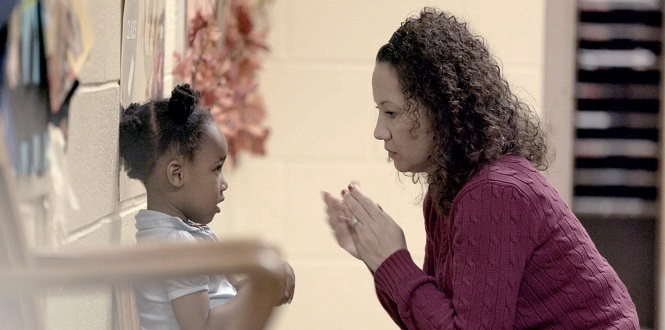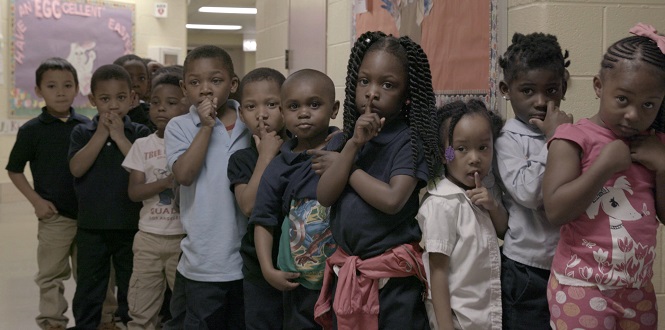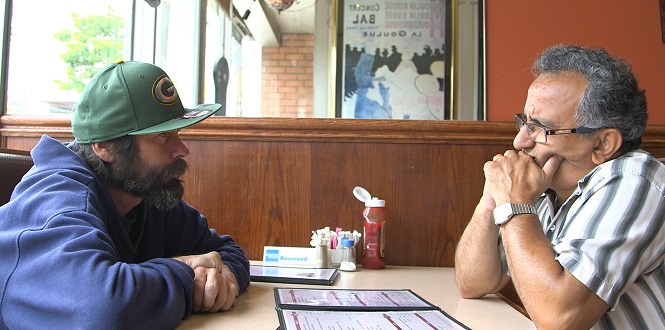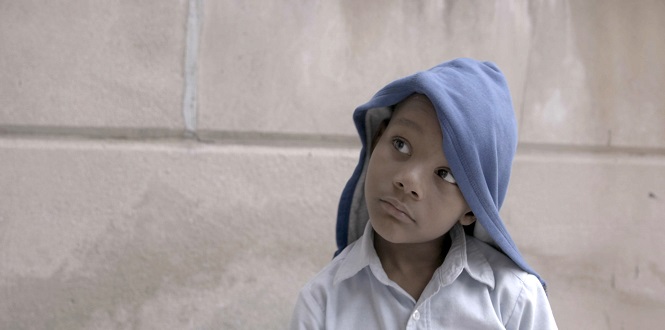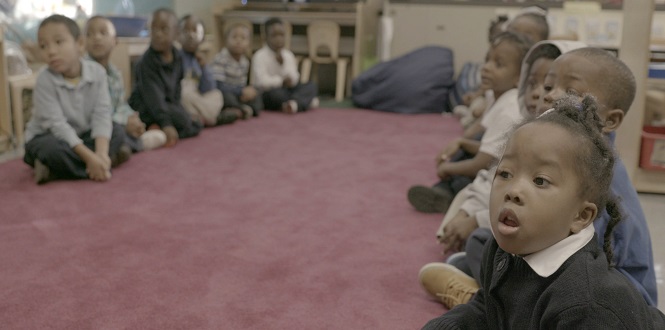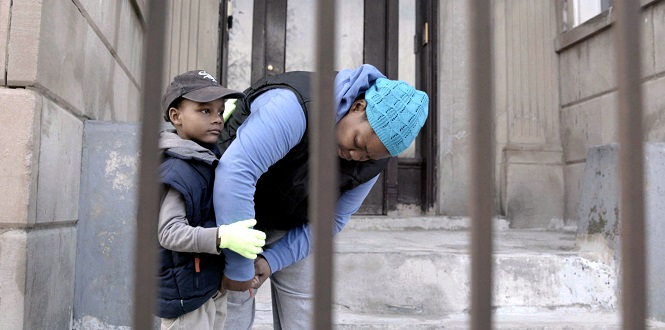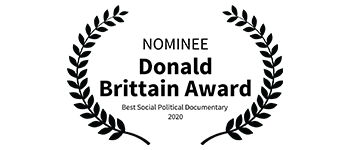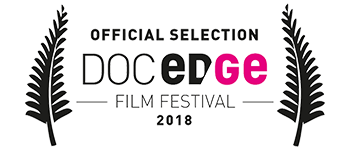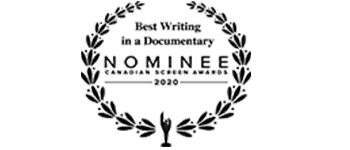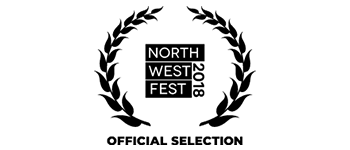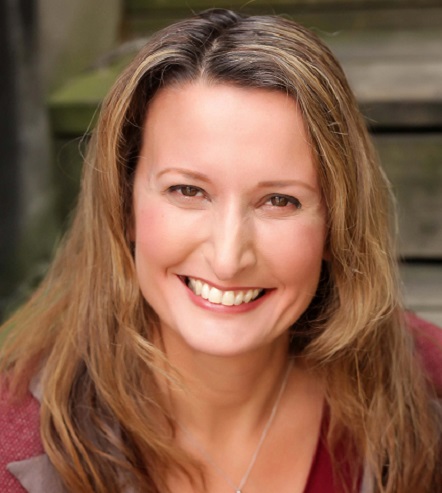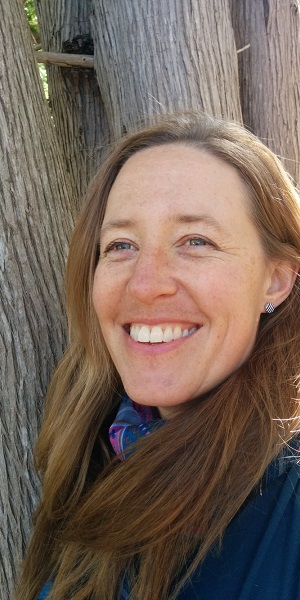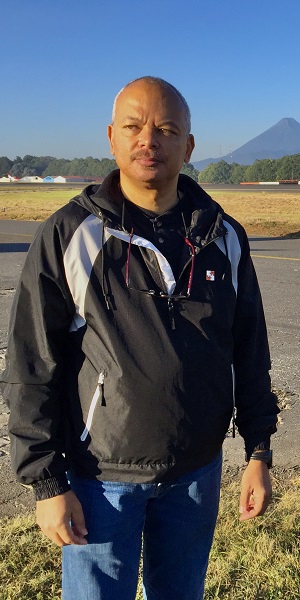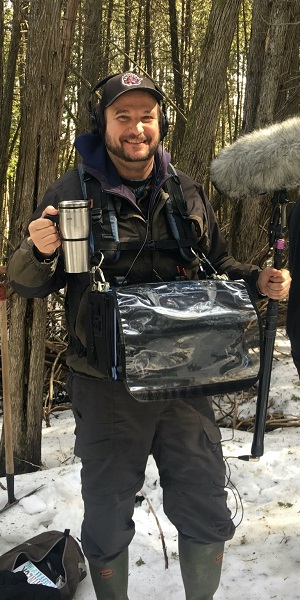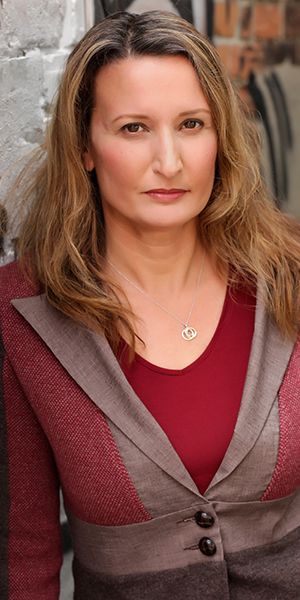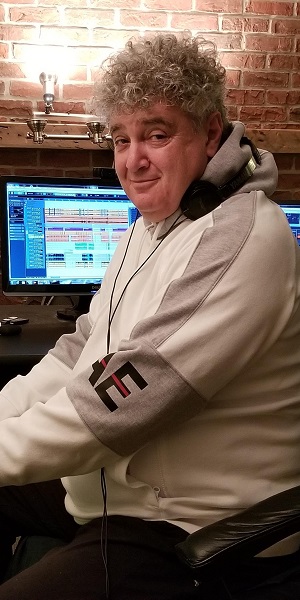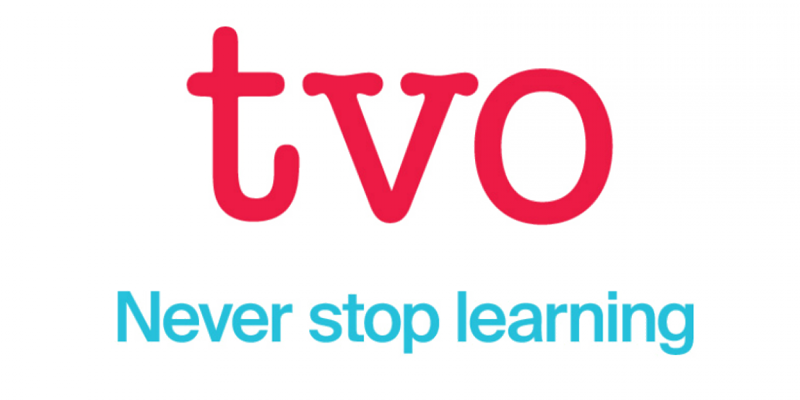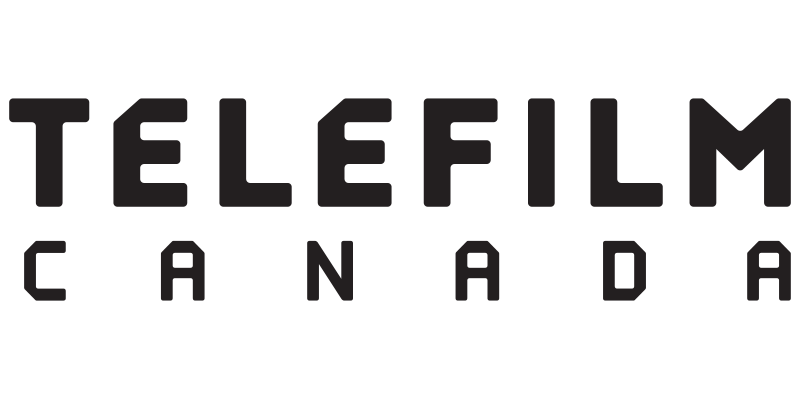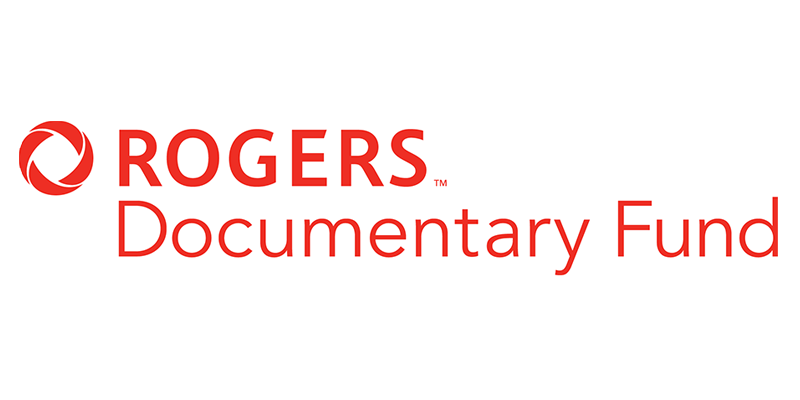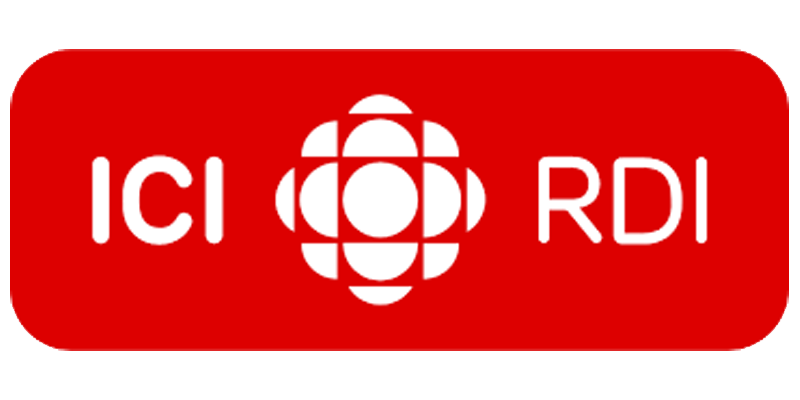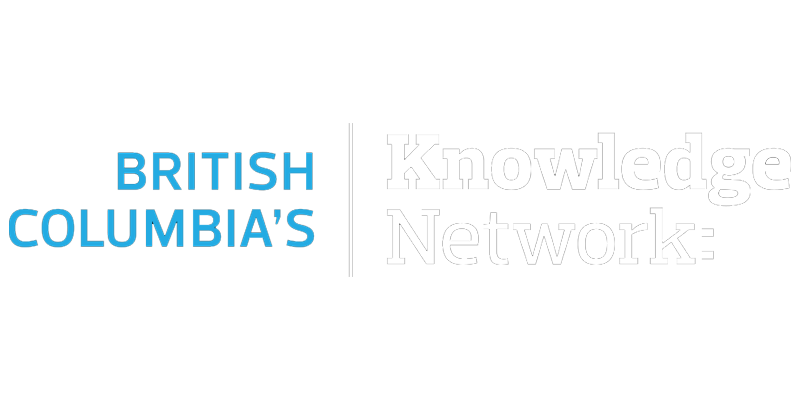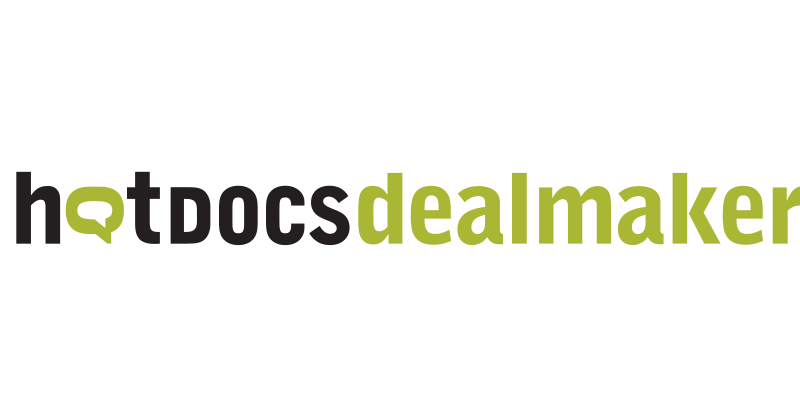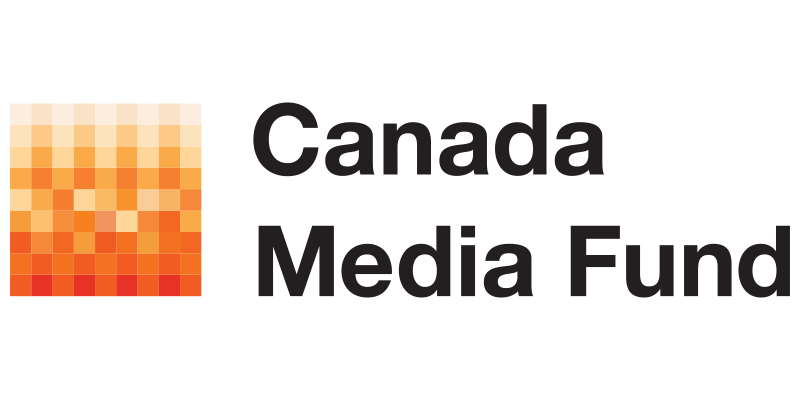Director’s Statement
Over the past 15 years I have documented the lives of some of society’s most marginalized and disadvantaged individuals, and while each story began with a glimmer of hope, invariably I ended up bearing witness to systems that routinely fail people. Four years ago I began this documentary with the expectation of a different ending.
The Invisible Heart tracks the development of a financial product that introduces a profit incentive to the delivery of social services. By attributing a financial value to positive social outcomes, Social Impact Bonds (SIBs) promise to solve society’s most complex problems. In The Invisible Heart we are truly on a revolutionary journey, but as in all revolutions there is a danger that things will go awry.
SIB proponents believe an outcome-based, profit-driven approach to social services will promote the development of innovative programs by shifting risk onto private investors; ensure only effective programs continue to be funded; and ultimately attract billions of dollars to prevent social problems.
The Invisible Heart explores all sides of this issue, documenting the experiences of those directly involved in two SIBs; one for Toronto’s chronically homeless and the other for Chicago pre-kindergarten students. Over three years I filmed with children and the homeless, teachers and support workers, investors and politicians. In the course of filming, I saw how the pressure to return profits to investors influences negative program decisions; how the need to tie outcomes directly to an intervention drives the over-simplification of complex problems; and how tempting it is for governments to lower program expectations in order to attract investor funding.
From the moment I started thinking about this project I wanted to present you, the viewer, with the very real, human impact of introducing a profit motive to the delivery of social services. I hope that what I and the filmmaking team have created makes you want to improve how we as a society help the most vulnerable among us.






